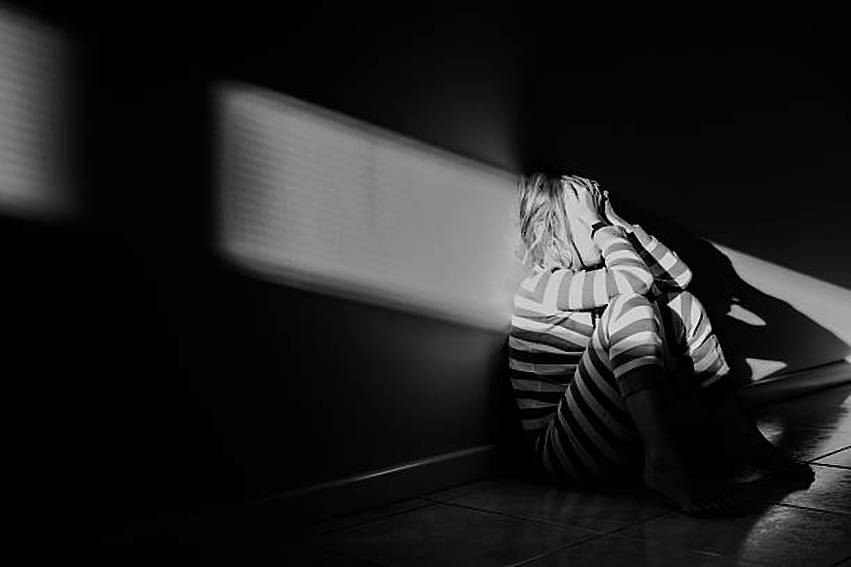meatthesavages.com – In the shadowy corners of the world’s prisons, a silent punishment unfolds, one that is as controversial as it is invisible to the public eye. Solitary confinement, a practice that isolates an individual from any meaningful human contact, is a form of punishment that has sparked intense debate among legal scholars, human rights activists, and the general public. Often referred to as the “invisible punishment,” solitary confinement raises profound ethical questions about the treatment of prisoners and the impact of prolonged isolation on the human psyche.
The Practice of Solitary Confinement
Solitary confinement involves the isolation of a prisoner in a cell for 22 to 24 hours a day, with minimal human contact. This practice is used for various reasons, including punishment, protection of the inmate, or administrative convenience. The conditions in solitary confinement cells can vary, but they often lack natural light, have limited access to reading materials, and restrict the ability to engage in physical exercise.
Psychological Impact
The psychological effects of solitary confinement are profound and well-documented. Prolonged isolation can lead to severe mental health issues, including depression, anxiety, hallucinations, and suicidal thoughts. The lack of social interaction and sensory stimulation can exacerbate existing mental health conditions and even lead to the development of new ones. The damage inflicted by solitary confinement is not always immediately visible, making it an “invisible punishment” that can haunt individuals long after their release.
Ethical and Legal Concerns
The use of solitary confinement has been challenged on ethical and legal grounds. Critics argue that it constitutes cruel and unusual punishment, violating the basic human right to dignity and mental health. International human rights organizations have called for an end to the practice, especially for vulnerable populations such as juveniles, the mentally ill, and the elderly.
Reforms and Alternatives
In response to the growing criticism, some jurisdictions have begun to reform their use of solitary confinement. These reforms include reducing the duration of isolation, improving conditions within solitary confinement cells, and exploring alternative disciplinary measures. Restorative justice programs, mental health support, and educational opportunities are among the alternatives proposed to address the root causes of behavior that leads to solitary confinement.
The Road Ahead
The debate over solitary confinement is far from over. As society continues to grapple with the complexities of criminal justice and human rights, the practice of solitary confinement stands as a stark reminder of the invisible punishments that can occur within the shadows of the prison system. Moving forward, the challenge lies in finding a balance between security and rehabilitation, ensuring that the punishment fits the crime without inflicting unnecessary psychological harm.
In conclusion, solitary confinement, the invisible punishment, poses a significant ethical dilemma for modern society. As we strive to create a more humane and effective criminal justice system, it is imperative that we confront the realities of solitary confinement and work towards reforms that respect the dignity and rights of all individuals, even those behind bars.
